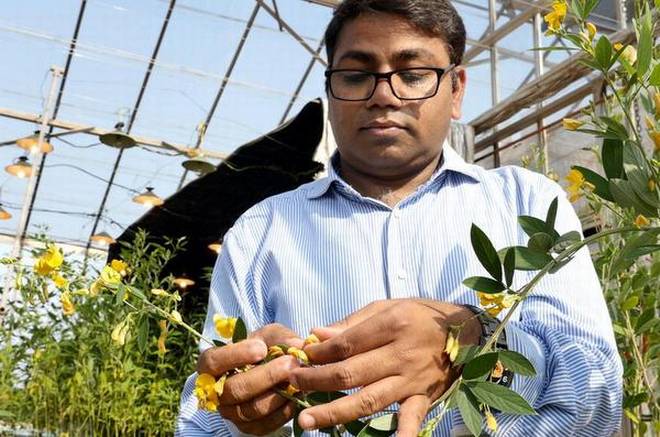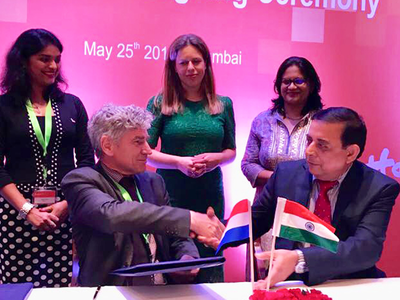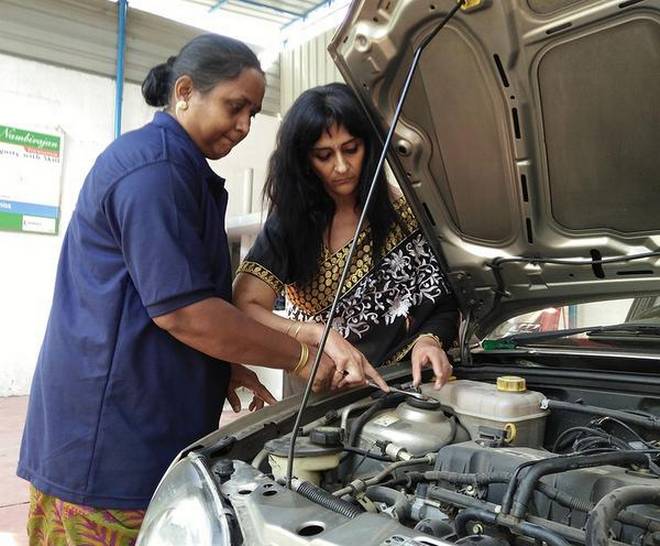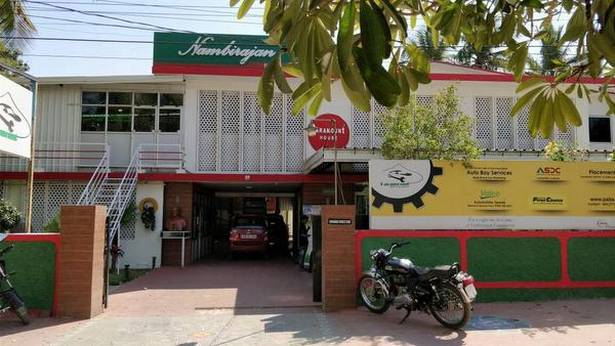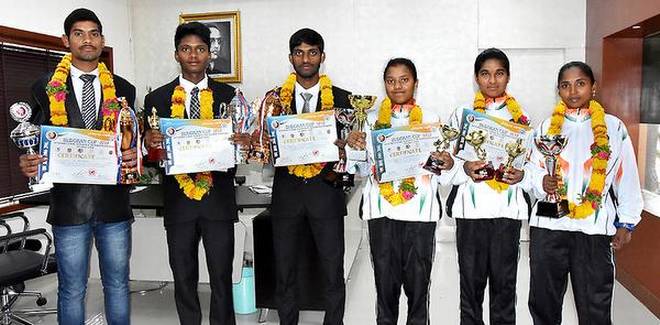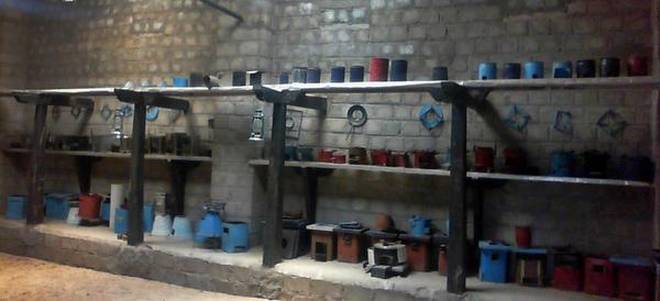ICRISAT partners with Israel’s genomic big-data company
Developing high nutritional varieties of chickpea and pigeonpea just got easier. With new technology, genomic processes that could have taken years were completed in a few months.
This has been possible with the work of scientists from the International Crops Research Institute for the Semi-Arid Tropics (ICRISAT) in collaboration with NRGene, Israel, which helped create multiple assembly lines of pigeonpea and chickpea genomes. This means scientists can not only better understand crop traits, they can also significantly speed up work on improved varieties.
With this technology from NRGene, ICRISAT has chickpea and pigeonpea genomes to a reference level quality that researchers can use. This would help maximize favourable nutritional properties of these high-protein legumes.
“The developing world has long faced the pressures of food security with limited farmland,” says Rajeev K. Varshney, research program director of Genetic Gains and director of Center of Excellence in Genomics and Systems Biology, ICRISAT. “For effective use of genomics-assisted breeding, we need reference genomes of several varieties of a given crop. Therefore, new assemblies of chickpea and pigeonpea lines by NRGene and ICRISAT will allow our scientists and partners to better understand plant traits to breed more nutritional varieties,” he adds.
ICRISAT, in partnership with other institutions, has already decoded and documented genomes of pigeonpea and chickpea (Nature Biotechnology 2013, Nature Biotechnology 2012). Traditional methods would have required years to complete each individual assembly. NRGene’s DeNovoMAGICTM 3.0 delivered multiple assemblies in a matter of months.
“While DeNovoMAGIC has been successfully deployed by the world’s leading seed companies and academic institutions, implementing this for organisations like ICRISAT enhances our mission of making an impact on the world food supply,” says Gil Ronen, CEO of NRGene, adding, “Chickpea, pigeonpea, and other protein-rich legumes will be even more critical crops in the years to come and we are glad that our technology can be used to improve the nutrition status of the world.”
source: http://www.thehindu.com / The Hindu / Home> News> States> Telangana / by Staff Reporter / Sangareddy – May 31st, 2018
